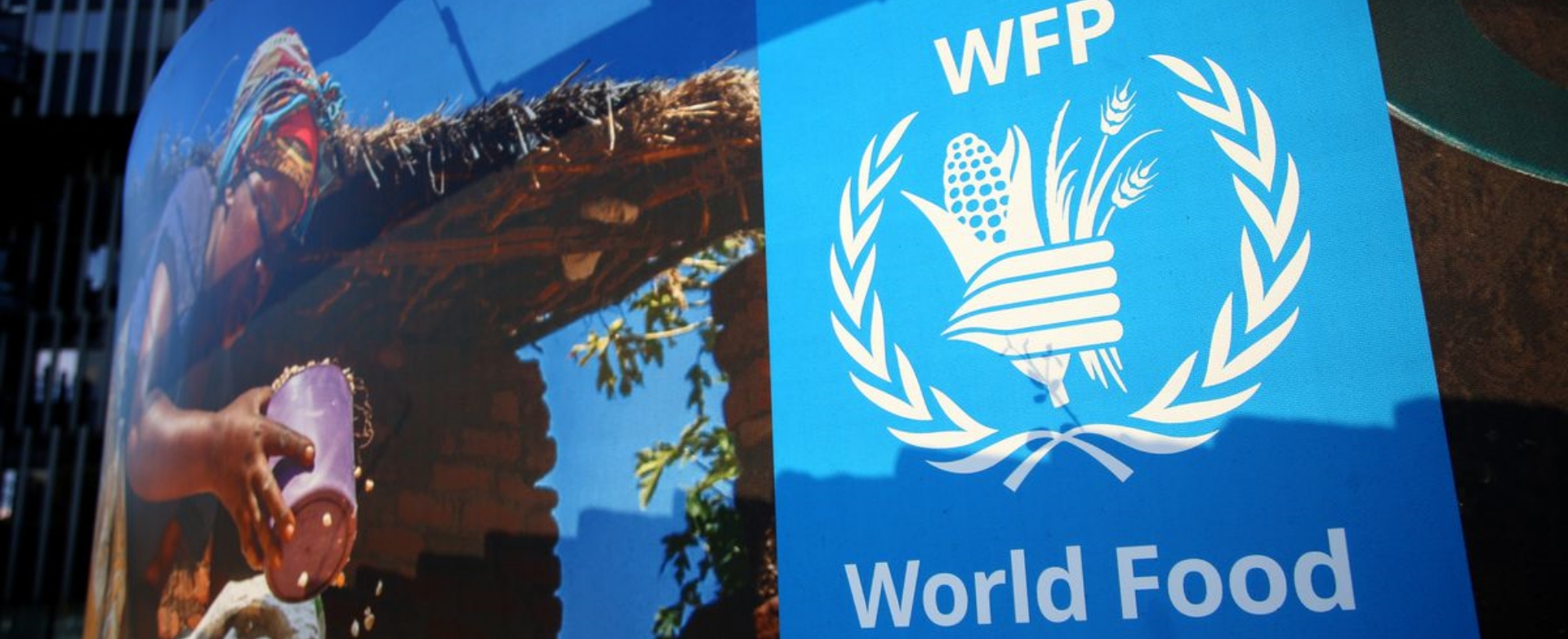Filters
Geospatial Platforms: Ministry of Social Solidarity (MoSS) platform
The Ministry of Social Solidarity is responsible for securing social safety nets for Egypt's most vulnerable citizens. The platform aims to:
- Identify development opportunities, support planning and ensure sustainable livelihoods.
- Consolidate the use of technology for improved social protection initiatives
- Advance the way of data sharing and data dissemination
- Enhance the data exchange between the MoSS and UN agencies
Geospatial Platforms: Ministry of Supply and Internal Trade (MOSIT) geoportal
The MOSIT portal demonstrates the locations of different MOSIT establishments across Egypt such as, "Gameity", Silos, Wheat collection centres, mills, Bakeries, etc. Furthermore, due to COVID-19 precautionary measures, MOSIT has cancelled all Ramadan exhibitions, replacing them with "Ahlan Ramadan" outlets in commercial chains and hypermarkets.
Geospatial Platforms: The Central Agency for Public Mobilization and Statistics (CAPMAS) platform
CAPMAS is the National statistical office that collects, processes, analyses, and disseminates statistical data and conducts the census. The CAPMAS Geospatial Information utilizes the statistical databases as a primary source of data, allowing the consolidation of geospatial data from across the country onto a single platform for analysis.
Health and Nutrition
WFP engaged in a strategic partnership with the Health Insurance Organization (HIO), NNI and Ministry of Education and Technical Education (MOETE), strengthening the capacity of HIA school health teams to deliver health and nutrition education sessions on school age and adolescent nutrition to 2,500 public school teachers and 11,600 family members of students.
Health Training
As part of the ‘First 1,000 Days’ programme, WFP in collaboration with MOSS and the National Nutrition Institute (NNI) provided institutional capacity strengthening support to over 900 MOSS community workers across 18 governorates [2] to enhance the delivery of health and nutrition counselling and promote use of primary health care services.
Knocking on Doors Campaign
On Egyptian Women’s Day, WFP and the National Council for Women launched the ‘Knocking on Doors’ Campaign to promote awareness on economic participation and financial inclusion of women in rural areas. The campaign took place in nine governorates focusing on the poorest villages of the national ‘Hayat Kareema’ social protection initiative.
Micro-lending management training
To ensure sustainability, WFP provided capacity strengthening to Government officials and NGO partners through training on micro-lending management and methodologies, including lending manuals and the usage of financial and monitoring systems. Also, WFP provided training of trainers (TOT) for young women in the enterprise and provided microloans for the women beneficiaries to launch or expand on income-generating activities.
Micro-loans
WFP in partnership with the Ministry of Social Solidarity (MOSS) and nongovernmental organizations provided 750 women with micro-loans for the launch or expansion of income generating activities with a total value of USD 260,600 (EGP 4.1 million) in 10 governorates.
Ministry of agriculture initiative on Field-based Training for smallholder farmers
The Ministry have provided a range of more climate-resilient varieties of wheat, in addition to practices of agricultural terracing and scheduling of irrigation and fertilization with guidance from competent specialists at the Field Crops Research Institute. As an outcome of this intervention, productivity per feddan has increased by between 20 and 30 percent. In addition, there is increased resilience to heat shocks, as average temperatures had risen by five to seven degrees relative to the usual rates.

